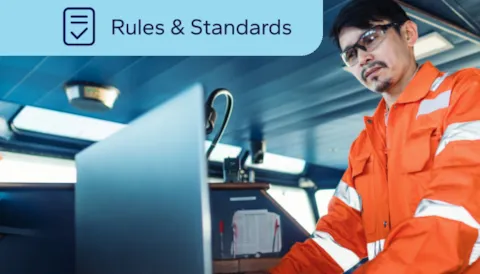
02 March, 2026
DNV rules 2026 – Hearing period now open
DNV has submitted its class rules and standards for industry hearing, open for comments from 1 March to 12 April. This year’s hearing covers 77 documents, planned for publication on 1 July 2026. This ...